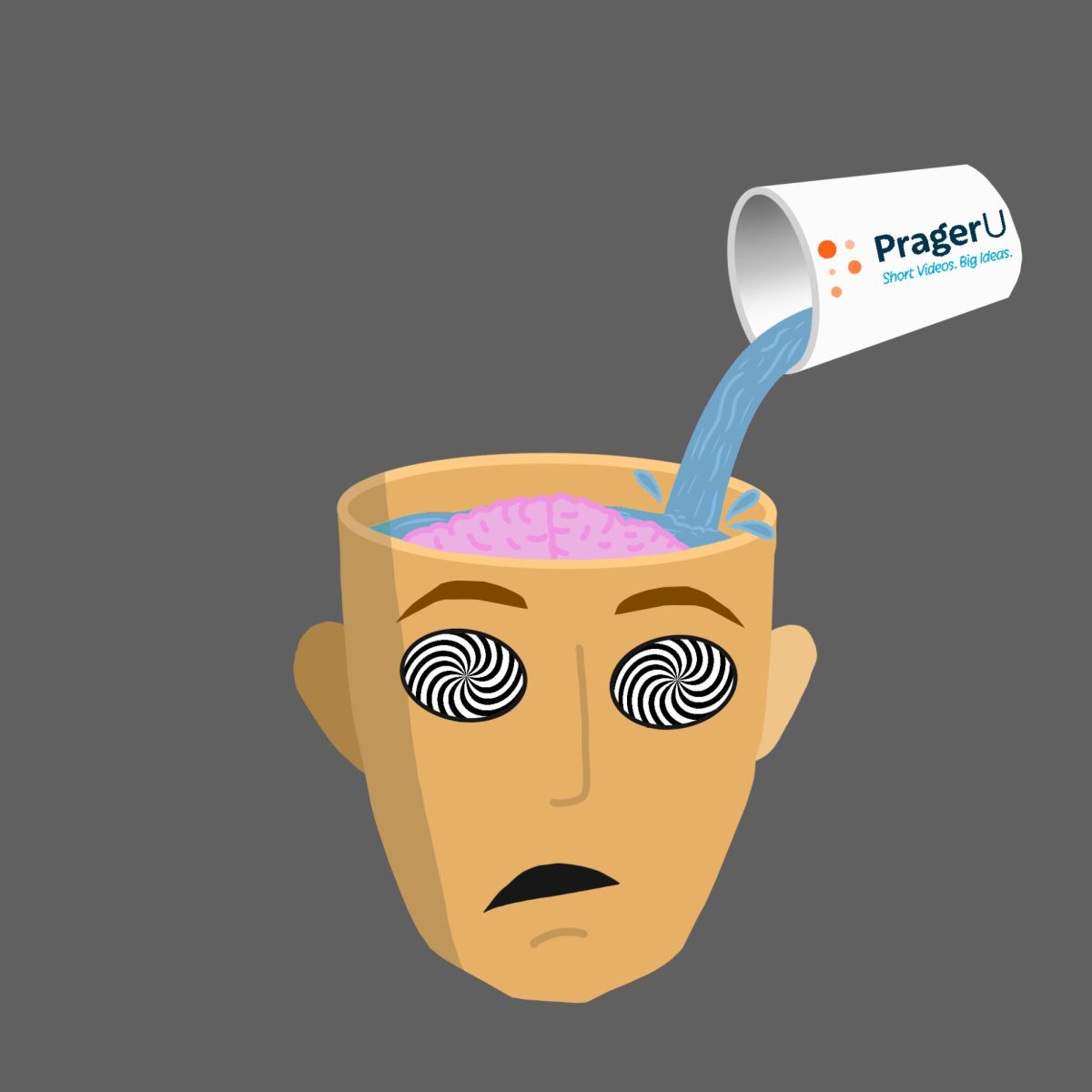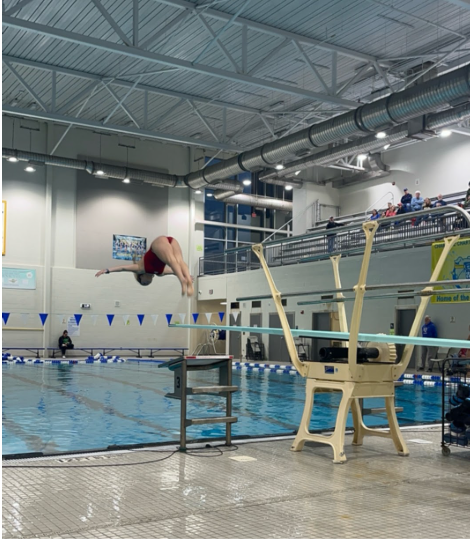During a test, frustrated sighs can be heard, nerves can be felt and wandering eyes can be seen as students turn to technology and others’ Scantrons for help.
In an anonymous survey of 100 random students, 88 admitted to having witnessed cheating at Grady, and 70 admit cheating themselves. On top of cheating in standard classes, cheating in Advanced Placement (AP) classes at Grady is nothing new.
“Students who take AP classes don’t seem to be any more or less likely to cheat than other students, although their motivation and methods for cheating might be different,” AP Calculus teacher Andrew Nichols said. “Students with overloaded academic and extracurricular schedules may choose to cheat to maintain their grades.”
In a previous study conducted by the Southerner staff in 2013, a study of 693 test scores on 13 assessments revealed test score averages from students who took an assessment on the second day a test was administered were 4.48 points higher than the averages of classes taking the assessment on the first day. According to AP Psychology teacher Andrew Copeland, however, cheating overall occurs because of laziness, competition and social standards.
“I catch students cheating every time I give a test,” Copeland said. “The most common type is math homework. One person does it, and they take a picture and send it to everyone else.”
While cheating on tests and quizzes happens frequently, many teachers see homework and study guides as the biggest cheating opportunities.
“I try not to pass back homework to help with some of the copying,” Salvesen said. “I hold on it to until the end of the grading period.”
Most teachers prevent cheating on tests by giving out multiple forms, each with a different question order and answer choices. However, Grady staff recognizes there’s no permanent solution to cheating. Teachers keep classrooms as honest as possible.
“I monitor students closely during quizzes and exams and require the use of cover sheets,” Nichols said. “For homework, I look for evidence that a student has copied from another student’s paper or a solution manual.”
Other teachers prefer to use the honor code and trust that students have enough respect not to cheat.
“I probably put as little effort into cheating as anyone,” Copeland said. “I don’t change my tests. I just go on the fact that I, as a person, believe in you and that belief will keep you from cheating. I’ve had multiple students tell me that they cheat in other classes, but they won’t cheat in my class. I don’t know how much of that is true because obviously, I’ve had multiple instances of cheating in my class. I’m probably naive.”
Nichols also places trust in students, as he tells them to embrace the challenge of the course, learn from their mistakes and take responsibility for their own learning.
According to teachers, the cheating in advanced classes can’t go on forever because it will have detrimental effects on students as they go to college and enter a stricter learning environment.
“Students who continue to cut corners and cheat in college risk being expelled as most universities have a zero tolerance policy for academic dishonesty,” Nichols said. “In the working world, there can be grave consequences to plagiarism and other forms of cheating: loss of employment, impugned reputation, monetary fines or even jail time.”
Questions about a permanent end have been tossed back and forth for years now. According to Salvesen, the school used to have an honor council that would decide punishment for the students, which seemed to help minimize cheating. Nichols believes everyone should work toward changing the school’s culture.
“Teachers and administrators can’t do this alone,” Nichols said. “Student leaders must speak up about taking pride in their work and the value of struggling with difficult problems. Teachers can help students understand the difference in collaboration and copying, and parents can talk to their children about responsibility and accountability.”
As the years progress, both standard class and AP teachers hope to diminish cheating and prepare students for their futures.
“Developing the ability to study and do well is just a life skill that needs to happen,” Copeland said. “Every time you cheat, you deprive yourself the ability to learn those skills.”












